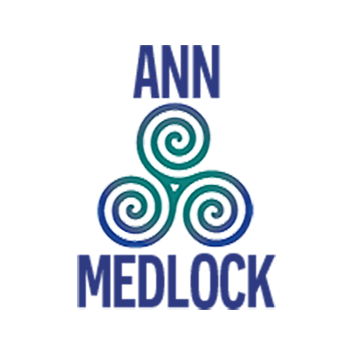I'm a TED addict. Diving into TED.com eats untold hours of my life. For a busy, curious human, what's not to like about TED? The talks are 18 minutes max, all of them given by amazing meritocrats. Their subjects range from the incredible data-bubble system of Hans Rosling to Elizabeth Gilbert's fine idea that we need to get back to artists having a genius on-call, (as in a working muse), instead of calling frail humans "geniuses" themselves.
A few weeks ago I was asked to talk at TEDxPugetSound, one of the many regional "franchises" that are now springing up. I signed on for the September date with perhaps unseemly speed and enthusiasm; I may well have said, "Hell yes."
I was allotted 10 minutes to talk about "Global Heroes." Not so bad; some speakers got only 8 minutes, or 4. And so to work. I don't have an ounce of the common fear of public speaking. Writing about real heroes far and wide has been my core work for 25 years. I've been a professional speechwriter. I've given speeches myself for years. How hard could this be?
Answer: Very. Speakers are given the TED Commandments, which writer Amy Tan called a prescription for a near-death experience. Said rules include: Be personal. Be vulnerable. Make people laugh/cry. Do something the audience will remember forever. Say something you've never said before. Share an idea that could change the world. Do not pitch for your company or organization. Do not go over your allotted time. Do not read. Rehearse and be spontaneous. [Italics added, with a "yeah-right" laugh.]
Uh. Well. Sure. OK. If that's what it takes to be TEDish, I'd give it a go.
Day of the talk, I drive into Seattle, the words of my 10 minutes running in my head. I know I've incorporated many of the Commandments. I'm certainly not doing my usual speech, which is way longer, not about me at all, and which I do from a combination of crib notes, reading and ad-libbing. (My favorite thing is the usual Q & A afterward. Being truly spontaneous is fun. For me, anyway.)
I've assembled stunning photographs of the people I'll be talking about, pulling them in from far and wide. I seem to remember the good stuff I've written for this gig, despite the fact that memorizing is not my thing. I can't even give you one of my own briefest poems without reading it.
Arriving at the conference, I find that my wonderful pictures are in place but the TED-style head mikes aren't working; I'll have to use a hand-held. With a slide-changer remote in the other hand, that pretty much kills any natural gesturing. (Head mikes are the best, and I'm spoiled.)
I'm up early in the program. The speaker before me gives an enormously polished talk that I recognize from his website is what he always says. But what he always says is really good stuff. I hear my intro and am quite sure that I don't know one word of my talk—I should go up there and do my usual text. But it's too late now.
On stage, gadgets in both hands, I look into lights so bright there's no connecting with anyone in the house. But boy can I see the big digital clock counting down in the blackness at the back of the room. The words start coming from somewhere and I'm off and running.
With what I think is 3 minutes more material, I see 2:20 remaining on the clock and start editing in my head. One minute and 17 seconds later, I'm closing. Damn. I didn't have to cut quite so much. But I'm done, people are clapping, and I'm looking forward to the wine bar at the break and to hearing the other speakers—it's a great lineup. One of them is Ed Viesturs, a legend for climbing all the world's tallest mountains—without oxygen—and living to tell the tale.
Listening to him, I consider the fact that I've just done a public-speaking echo of his climbing feats. I have climbed Mount TED, without notes. I can do this, and live to tell the tale.
But I'm buying my own head mike.
photo credit: http://www.brandchannel.com/home/post/TEDs-Brand-Of-Innovative-People-And-Ideas.aspx

